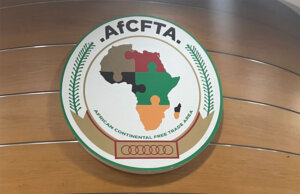A recent impact evaluation of the Home-Grown School Feeding Program (HGSF) in The Gambia highlights significant improvements in food security, dietary diversity, and the mental well-being of schoolchildren, particularly girls.
The study, conducted by the United Nations World Food Program (WFP) in collaboration with the World Bank’s Development Impact Evaluation (DIME) Department, found that school meals not only enhanced nutrition and health outcomes but also contributed positively to social cohesion within communities.
The findings underscore the importance of sustainable school feeding initiatives in addressing hunger and supporting education in The Gambia.













